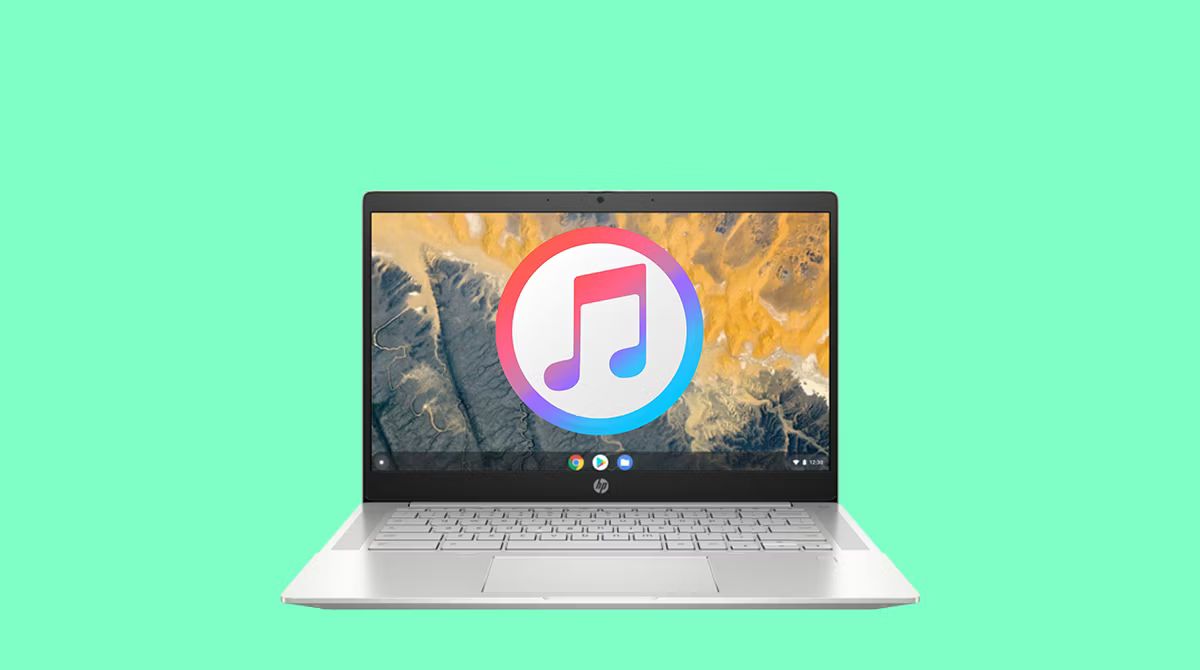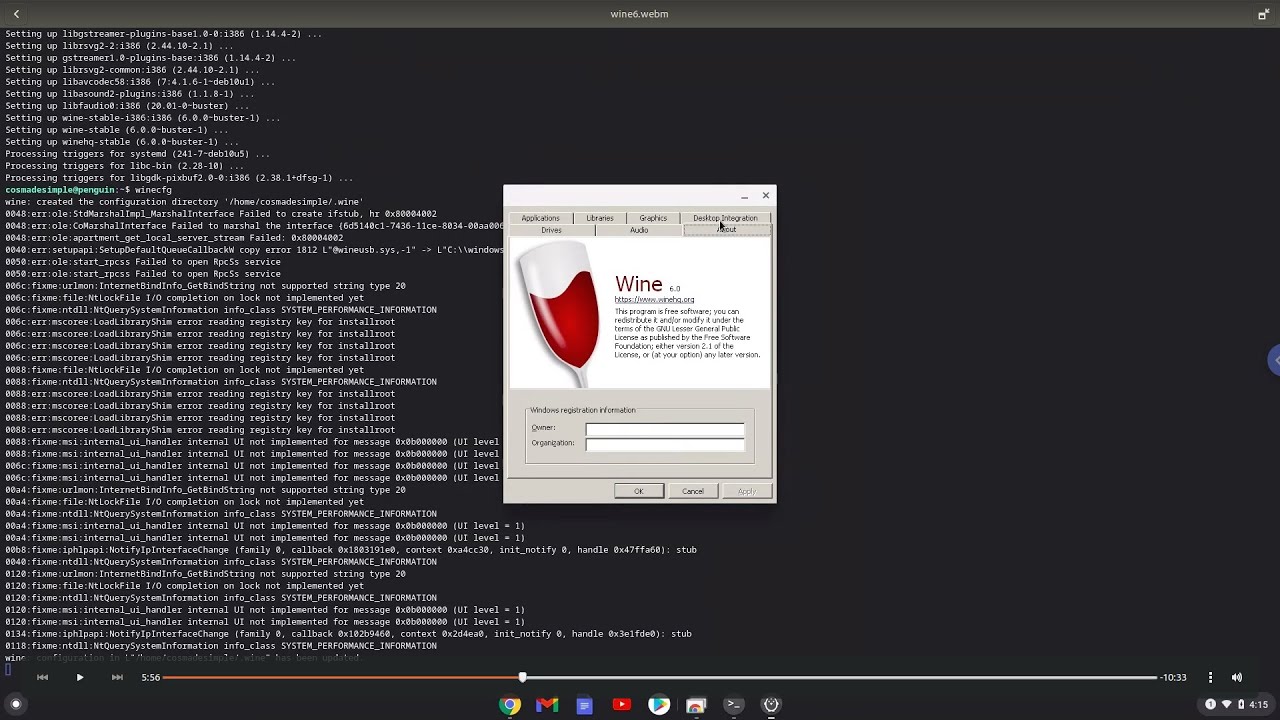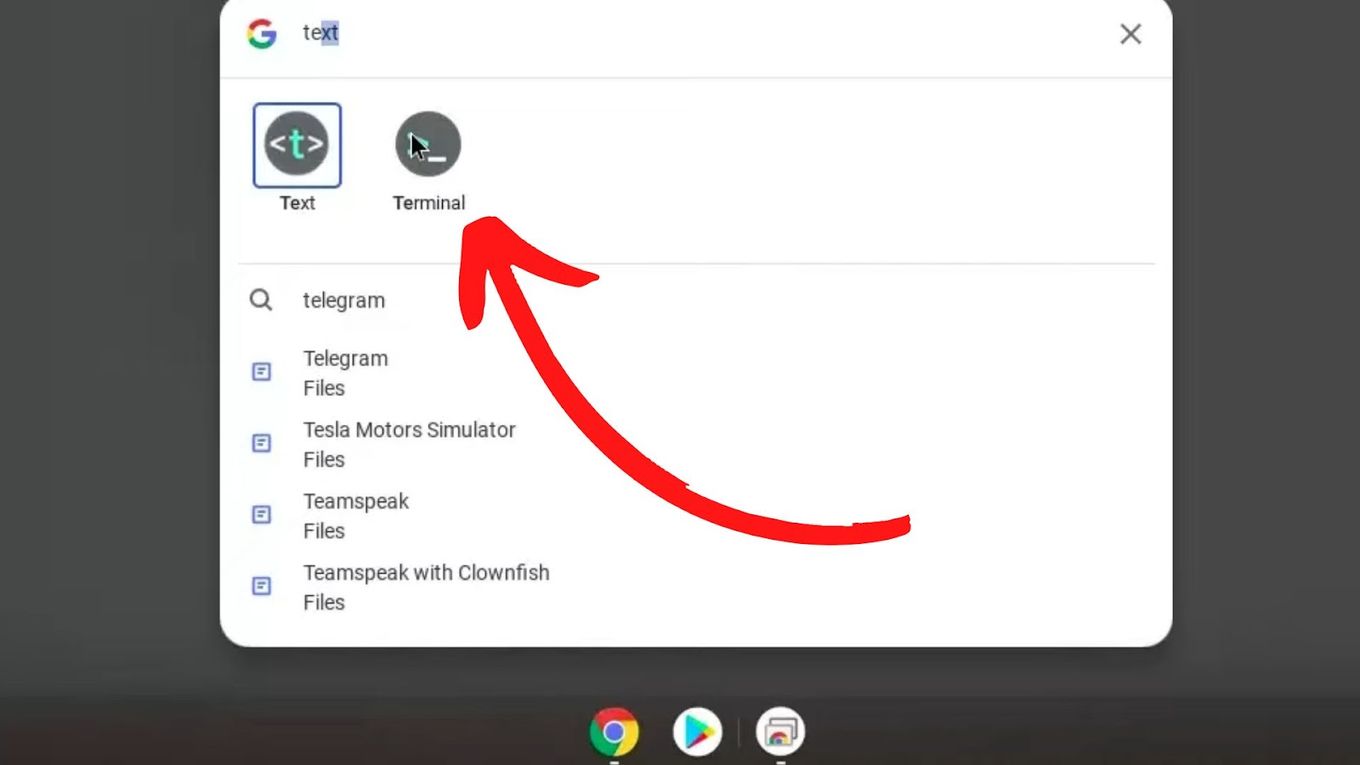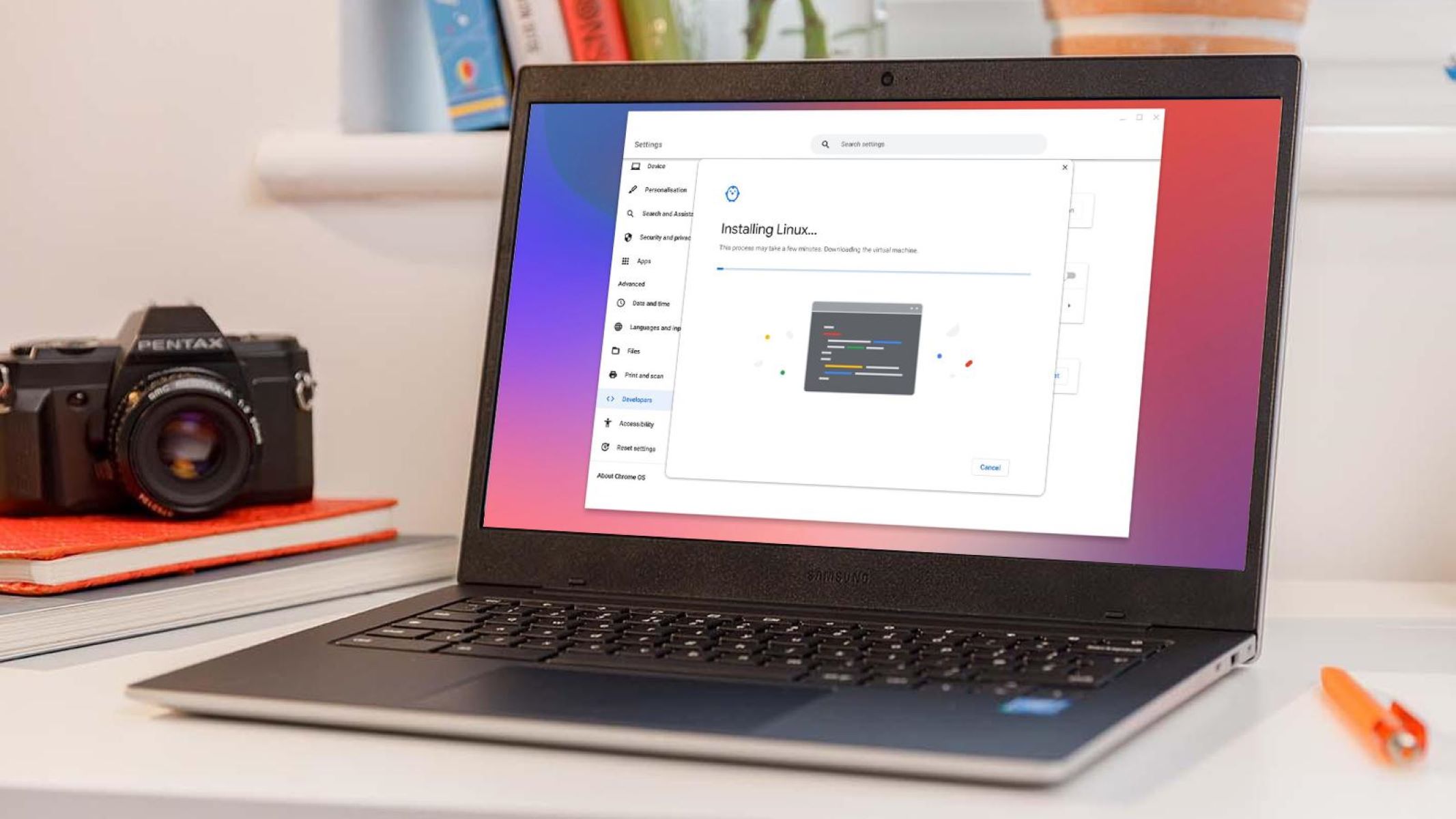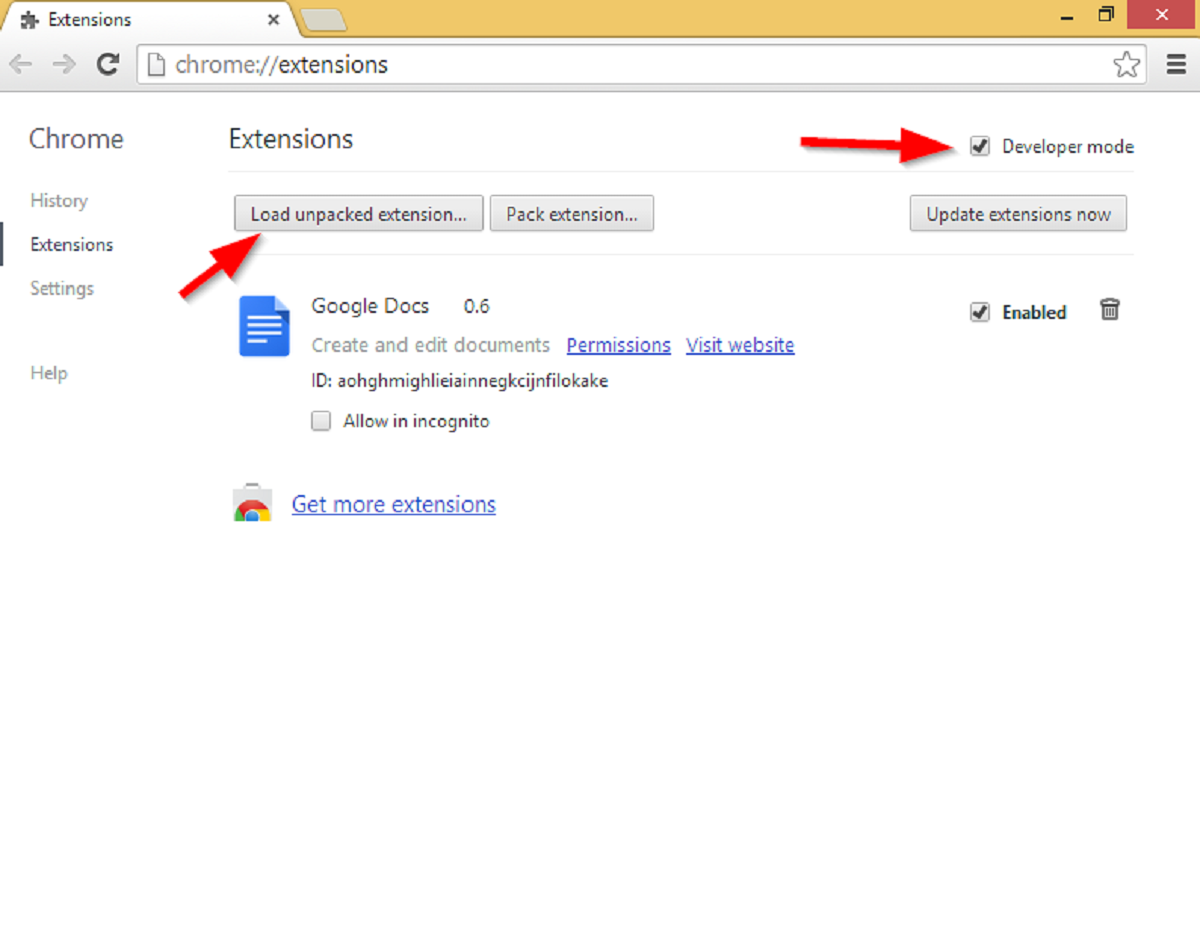Introduction
Chrome OS, developed by Google, is a lightweight, fast, and secure operating system designed to provide a seamless and efficient computing experience. As an operating system that is primarily web-based, Chrome OS is known for its integration with cloud-based applications and services. It is optimized for web browsing, online productivity tools, and cloud storage, making it a popular choice for users who prioritize speed, simplicity, and security in their computing environment.
One of the key considerations for users of Chrome OS is the types of files that the system can run. Understanding the supported and unsupported file types is crucial for maximizing the functionality and utility of Chrome OS. Whether you are a student, professional, or casual user, knowing which file types are compatible with Chrome OS can greatly impact your overall experience with the operating system.
In this article, we will explore the various file types that Chrome OS can run, providing insights into the supported formats that seamlessly integrate with the system's capabilities. Additionally, we will delve into the file types that are not natively supported by Chrome OS, shedding light on potential workarounds and alternative solutions for handling such files. By gaining a comprehensive understanding of the file compatibility landscape of Chrome OS, users can make informed decisions and optimize their workflows for a more productive and enjoyable computing experience.
Supported File Types
Chrome OS supports a wide range of file types, empowering users to seamlessly access and interact with various forms of digital content. Understanding the supported file types is essential for leveraging the full potential of Chrome OS and maximizing productivity. Here's a comprehensive overview of the file types that Chrome OS can run:
1. Documents
- Google Docs: As a cloud-centric operating system, Chrome OS seamlessly integrates with Google Docs, allowing users to create, edit, and collaborate on documents in real-time. The native support for Google Docs enables users to access their files from any device with an internet connection, fostering a flexible and collaborative workflow.
- Microsoft Word: Chrome OS supports the use of Microsoft Word Online, providing users with the ability to work on Word documents directly within the Chrome browser. This integration ensures compatibility with the widely used .doc and .docx file formats, enabling seamless document editing and sharing.
2. Spreadsheets
- Google Sheets: Similar to Google Docs, Chrome OS seamlessly integrates with Google Sheets, offering robust support for creating and managing spreadsheets. The cloud-based nature of Google Sheets enables users to access and edit their data from anywhere, fostering enhanced productivity and collaboration.
- Microsoft Excel: Chrome OS users can leverage Microsoft Excel Online to work on spreadsheets directly within the Chrome browser. This compatibility ensures smooth handling of .xls and .xlsx file formats, empowering users to engage in data analysis and manipulation with ease.
3. Presentations
- Google Slides: Chrome OS provides native support for Google Slides, enabling users to create, edit, and deliver impactful presentations. The seamless integration with Google Slides facilitates collaborative presentation development and delivery, empowering users to communicate their ideas effectively.
- Microsoft PowerPoint: Users of Chrome OS can utilize Microsoft PowerPoint Online to work on presentations directly within the Chrome browser. This compatibility ensures smooth handling of .ppt and .pptx file formats, allowing for seamless presentation creation and sharing.
4. Images
- JPEG, PNG, GIF: Chrome OS natively supports common image formats such as JPEG, PNG, and GIF, enabling users to view and manage their image files effortlessly. The built-in image viewer provides a convenient way to browse and organize visual content, catering to diverse user needs.
5. Audio and Video
- MP3, MP4: Chrome OS supports popular audio and video formats, including MP3 and MP4, allowing users to enjoy multimedia content without the need for additional software or plugins. This native support enhances the entertainment and media consumption capabilities of Chrome OS, providing users with a seamless playback experience.
6. PDFs
- Adobe Acrobat Reader: Chrome OS seamlessly integrates with Adobe Acrobat Reader, enabling users to view, annotate, and interact with PDF documents. The native support for PDF files ensures that users can access and work with a wide range of digital documents, fostering a versatile and efficient document management experience.
By embracing these supported file types, users can harness the full potential of Chrome OS, leveraging its seamless integration with cloud-based applications and services to enhance productivity, collaboration, and digital content management. Whether creating documents, analyzing data, delivering presentations, or managing multimedia content, Chrome OS offers a robust foundation for handling diverse file formats, empowering users to achieve their computing goals with ease and efficiency.
Unsupported File Types
While Chrome OS offers robust support for a wide array of file types, there are certain formats that are not natively compatible with the operating system. Understanding the unsupported file types is crucial for users to navigate potential limitations and explore alternative solutions for handling such files. Here's an insightful exploration of the unsupported file types on Chrome OS:
-
Executable Files (.exe): Chrome OS does not support the execution of traditional Windows executable files (.exe). This limitation is rooted in the design philosophy of Chrome OS, which prioritizes security and simplicity by restricting the installation and execution of native applications. While this may pose challenges for users accustomed to running .exe files on traditional desktop operating systems, Chrome OS offers alternative approaches for accessing similar functionalities through web-based applications and Android apps from the Google Play Store.
-
Disk Image Files (.iso): Chrome OS does not have native support for mounting and accessing disk image files in the .iso format. This limitation may impact users who need to work with software installation discs or create bootable media from disk images. However, users can explore third-party solutions available in the Chrome Web Store to address this limitation, providing options for managing and utilizing .iso files within the Chrome OS environment.
-
Windows Media Files (.wmv): Chrome OS does not provide native support for Windows Media Video (.wmv) files. While this may affect users who encounter .wmv files in their digital content library, Chrome OS users can leverage online video converters or utilize alternative media player applications available in the Chrome Web Store to address this limitation and ensure seamless playback of .wmv files.
-
Executable Scripts (.sh): Chrome OS does not inherently support the execution of shell scripts (.sh) commonly used in Unix-based systems. This limitation may impact users who rely on shell scripts for automation and system management tasks. However, users can explore the use of integrated Linux support on Chrome OS, known as Crostini, to run shell scripts and access a wider range of command-line tools and utilities.
-
Microsoft Access Database Files (.mdb, .accdb): Chrome OS does not offer native support for Microsoft Access database files in the .mdb and .accdb formats. This limitation may affect users who need to interact with Access databases. However, users can explore web-based database solutions or utilize alternative database management applications available in the Chrome Web Store to address this limitation and work with similar functionalities.
By acknowledging the unsupported file types on Chrome OS, users can proactively seek alternative approaches and solutions to address potential compatibility challenges. Whether through the use of web-based applications, third-party tools, or the integration of Linux support, Chrome OS users can navigate the landscape of unsupported file types with resourcefulness and adaptability, ensuring a versatile and productive computing experience.
Conclusion
In conclusion, Chrome OS offers a versatile and streamlined computing environment with robust support for a wide range of file types, empowering users to engage in diverse digital tasks and workflows. By seamlessly integrating with cloud-based applications and services, Chrome OS enhances productivity, collaboration, and content management, catering to the evolving needs of modern computing.
The native support for Google Docs, Google Sheets, Google Slides, and other Google Workspace applications underscores Chrome OS's commitment to facilitating seamless document creation, data analysis, and presentation delivery. This integration not only fosters a cohesive user experience but also promotes collaborative work dynamics, allowing users to engage in real-time editing and sharing of digital content.
Furthermore, the compatibility with Microsoft Office Online applications extends the file handling capabilities of Chrome OS, ensuring smooth interaction with widely used document, spreadsheet, and presentation formats. This interoperability with Microsoft Office formats enhances the flexibility and accessibility of Chrome OS, accommodating users who rely on established industry-standard file types.
While Chrome OS excels in supporting a diverse array of file formats, the acknowledgment of unsupported file types underscores the importance of adaptability and resourcefulness in navigating potential limitations. Users can explore alternative solutions, leverage web-based applications, and harness the capabilities of the Chrome Web Store to address compatibility challenges and ensure a seamless computing experience.
In essence, Chrome OS's file compatibility landscape reflects a balance of innovation, convenience, and adaptability, catering to the dynamic demands of modern digital workflows. By embracing the supported file types and approaching unsupported formats with creativity and flexibility, users can harness the full potential of Chrome OS, leveraging its strengths to achieve their computing goals with efficiency and confidence.









